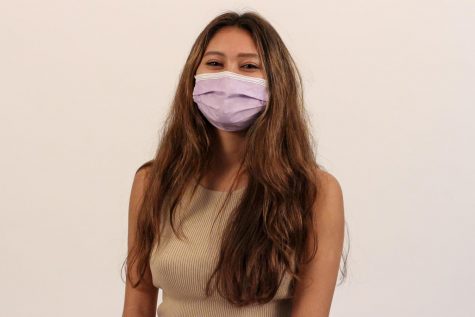For digital media junior Lulu Santaniello, TikTok has become a routine. Every night, she scrolls through the platform for hours. With a following of almost 10,000, her TikToks consist of well known dances, funny occurrences at school, and simple skits between her and her friends. Santaniello is one of many students who are part of TikTok’s growing phenomenon, one that has spawned an internet culture permeating students’ daily lives.
TikTok, created by internet company ByteDance in 2017, has been downloaded by over 1 billion users worldwide and has become the most downloaded app in the U.S. as of October 2018, according to The Guardian. The app allows users to post creative videos up to a minute long, which they can caption with hashtags, like #foryoupage, that boost their viewer count.
According to a survey done by The Muse, 61 percent of Dreyfoos students have TikTok downloaded on their phone. Students like theatre sophomore Jet McManus use the app “all the time” and admit to scrolling through videos daily.
“I use TikTok every single night,” Santaniello said. “Time flies when I’m on it. It could be 11 p.m., and then I look at the clock and it’s 1 a.m.”
However, the popularity of TikTok has also proliferated certain stereotypes among students, including e-boys, e-girls, VSCO girls, and soft boys. A survey conducted by The Muse showed that 95 percent of students are familiar with these terms, which have categorized people based on standards spread online.
“[TikTok stereotypes] make you reflect on a lot of what you feel and make you question what you do,” McManus said. “I get unstable a lot, which [relates] … to me disabling my account.”
These personas have accumulated certain stereotypical aspects, like Hydro Flasks for VSCO girls and metal accessories for e-boys, and have been the basis for applying labels to users.
One college student, Alyssa Bunde, conducted her own sort of experiment on campus to post her experience in the MSU Reporter, Minnesota State University’s publication. Throughout the day, Bunde dressed as a VSCO girl and received unwanted attention, with several people calling her “basic” and asking “where [her] pants were.” Bunde pointed out that VSCO girls have become a meme and “yet another category for girls to fit into.”
“[Stereotypes] affect [students] very negatively and make them feel insecure about themselves. People will be like ‘Ew, VSCO girl or e-girl,’” McManus said. “A lot of teenage girls get made fun of.”
About one third of surveyed students have been considered a TikTok stereotype, and 77 percent feel that TikTok stereotypes affect the way people express themselves. In some cases, people may feel less confident in their styles because of the stigmas surrounding stereotypical aesthetics.
“I’m nervous to carry a Hydro Flask now because I don’t want to get bullied,” Santaniello said. “I’ve had [a] shell necklace for three years, and now I never wear it.”
Other times, students don’t mind being labeled because they “haven’t really [been] affected,” according to dance junior Zachary Putt.
“People started calling me ‘soft boy’ more, so you know, that was cool,” communications junior Jasper Weinberg said. “I don’t care. People can say what they want.”
Theatre freshman Giuliano Possobon feels that there is a “joking nature” behind TikTok and the labels thrown around. As a result, many users take the classifications as jokes.
“Some of my friends sometimes call me an e-boy,” McManus said, “and it doesn’t really affect me very much. I think of it more as a joke.”
Regardless of a student’s stance on the effect of stereotypical labels, some believe TikTok establishes a sense of unity among a young age group through similar humor and fashion.
“[TikTok makes people] more confident,” Putt said. “They see other people doing the same things, so it’s easier to express yourself.”
Others would beg to differ, believing that TikTok instead creates conformity over a group of people who should essentially be diverse.
“Everyone’s trying to be quirky,” Weinberg said. “People change styles and dress differently based on TikTok stereotypes.”
TikTok has evidently left a mark on society and will continue to do so for as long as the app is popular. Some stereotypes come and go, while others stick around, but it’s important to consider that these labels are simple portrayals of complex people and they shouldn’t be the only lens through which we see the world.

























































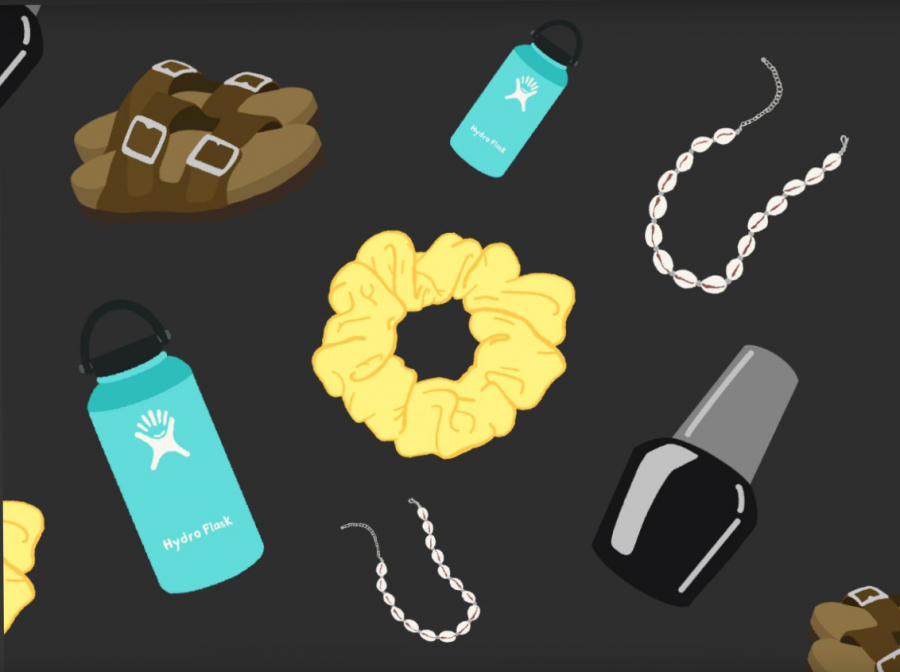

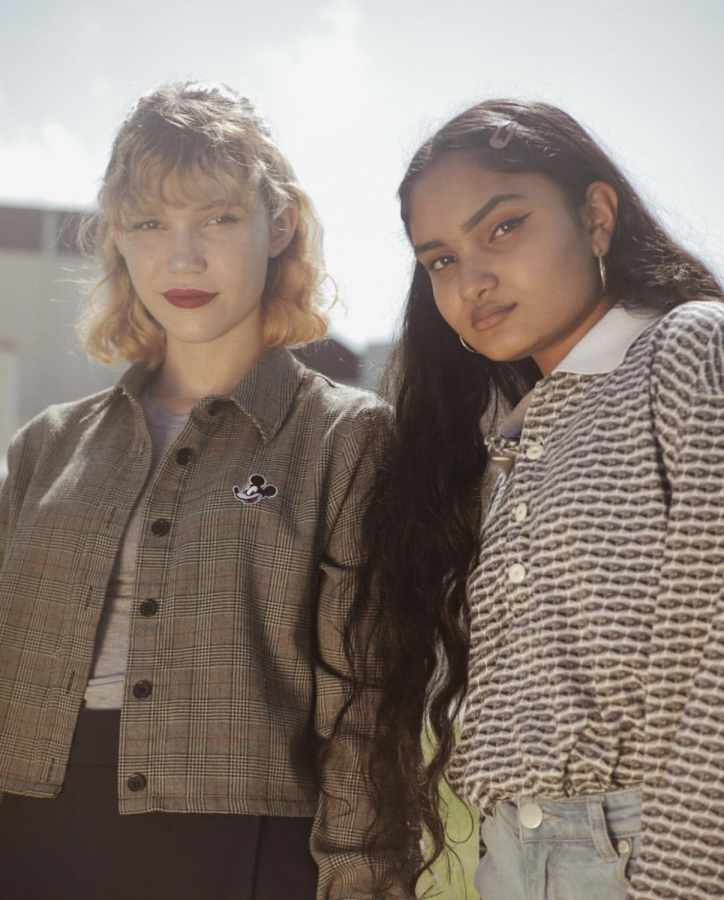
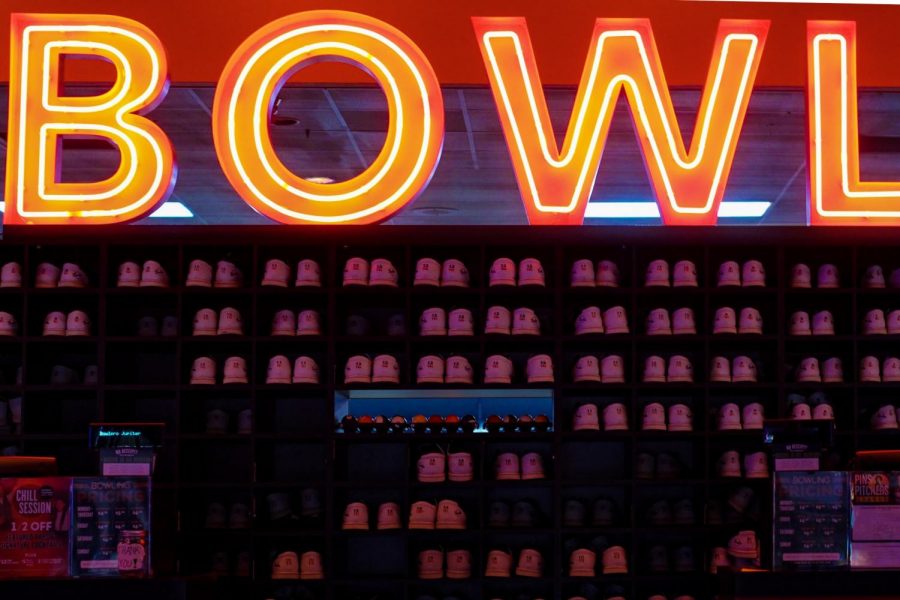
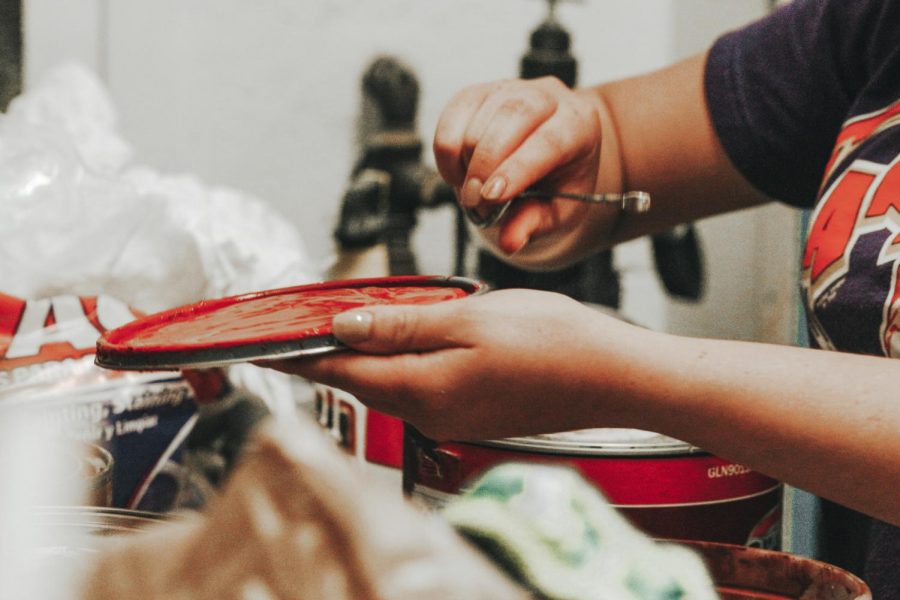
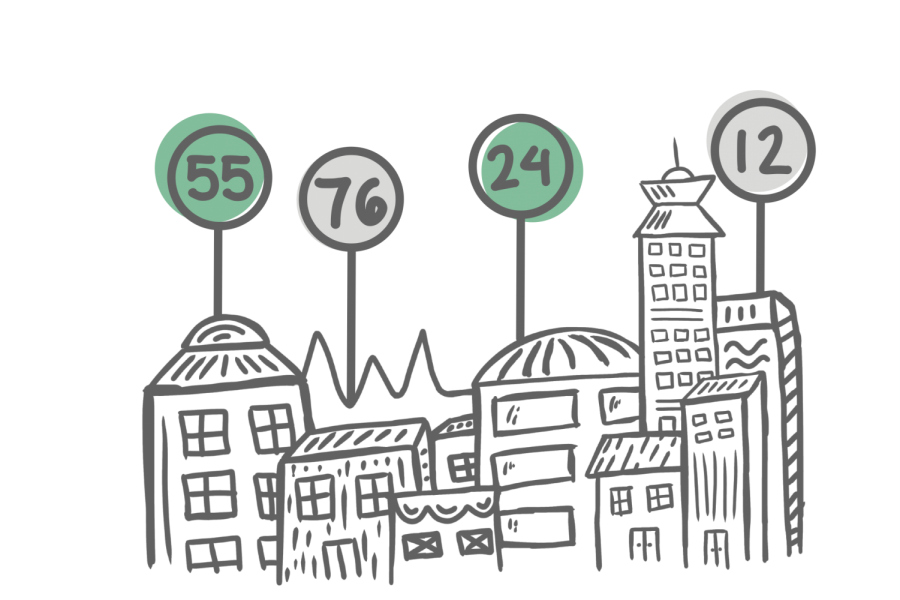
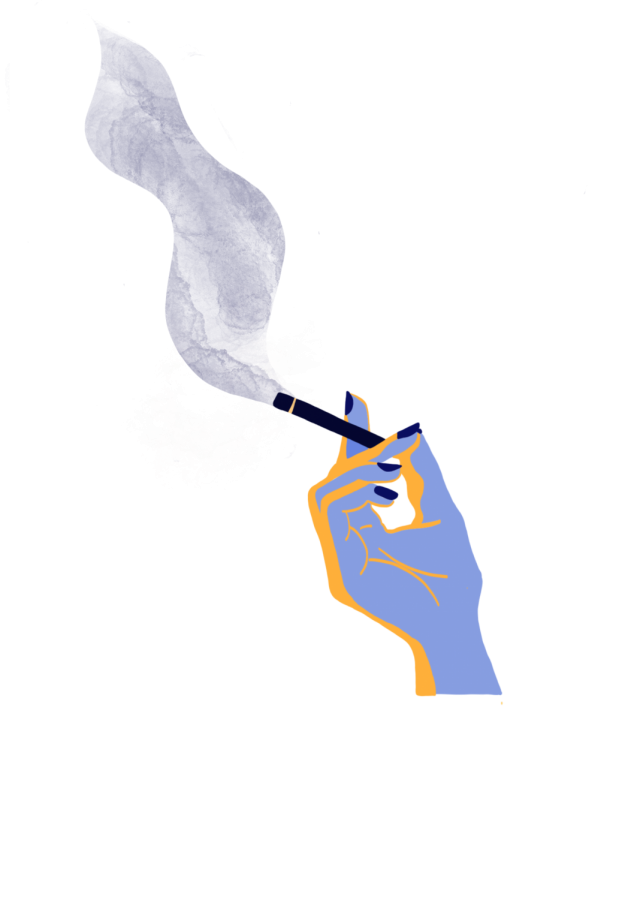
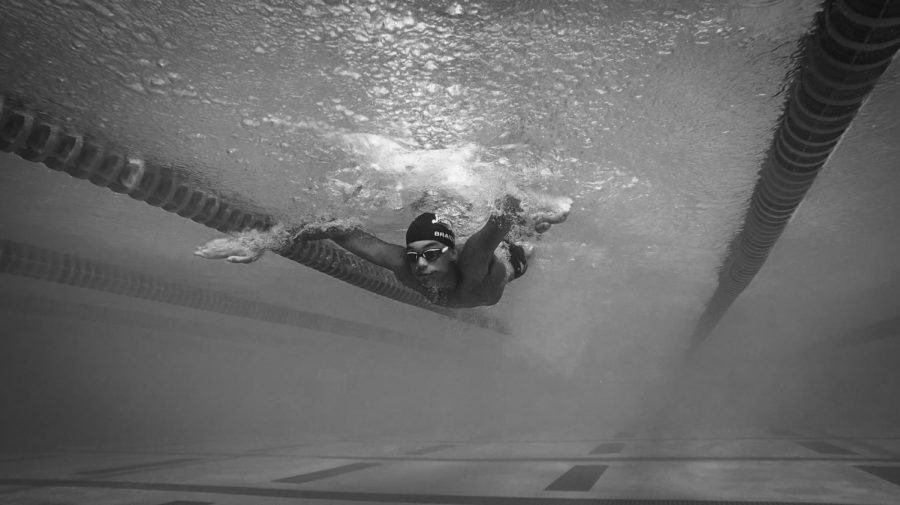
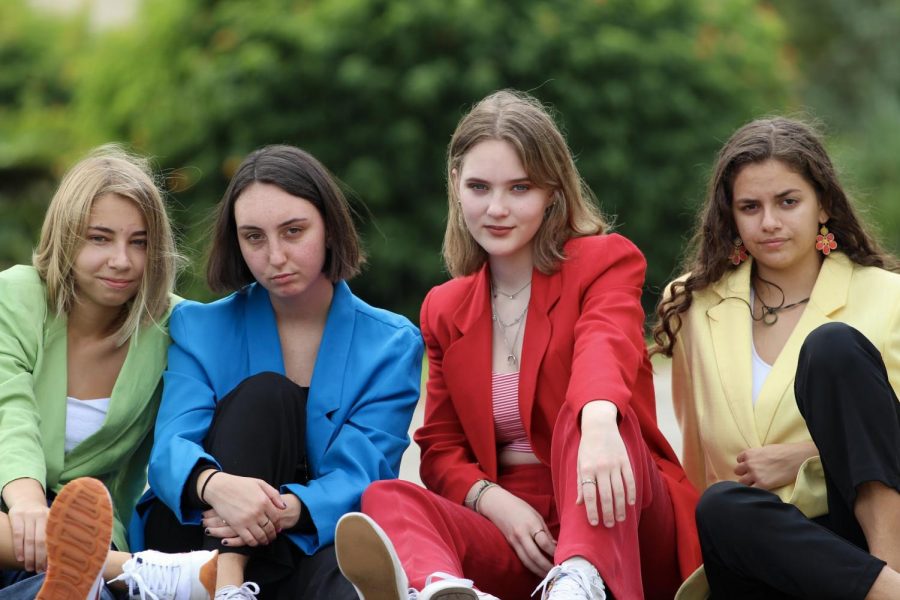
![A students boards a Dreyfoos school bus in the afternoon, while peers await their buses beneath a walkway cover. Like many other Dreyfoos students, Communications senior Kristina Robinette completely depends on school transportation. “If something happens, where [the bus is] totally late, there's nothing I personally can do to make a difference for my life. There are so many times I've had to text my [boss] and say, ‘Hey, I don't know if I'm going to make it on time.’ I have a corporate job. It's not a family business, [so] I could get fired because of the bus system.”](https://www.themuseatdreyfoos.com/wp-content/uploads/2019/12/Copy-of-IMG_0409-900x600.jpg)


